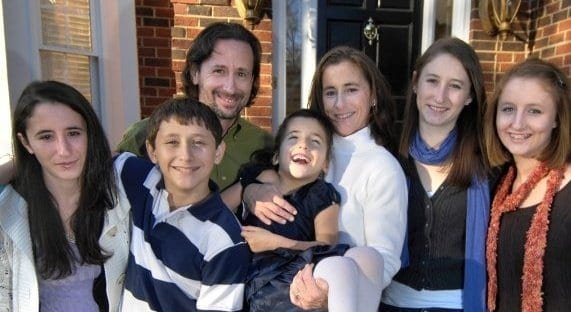The special needs child and alternative care
When I became the parent of a child with cerebral palsy, I learned firsthand about the unique concerns that arise when you realize that your child may need treatment and services beyond those of most kids or even beyond what the traditional health system has to offer. Every child – even the “normal” ones – has special needs and talents. Although the standards of care may be adequate for most, some children need more than our system provides and with every child treatment needs to be unique.
Working with children with ADD, ADHD, dyslexia, Asperger’s and autism has shown me that even two children with the same diagnosis may have very different metabolic patterns. Nutritional deficiencies, toxic mineral loads, and even amino acid imbalances can differ substantially from one child to the next, regardless of the diagnosis. The common thread is that improving imbalances almost always makes a very noticeable improvement in a child’s status. According to the Autism Research Institute’s survey of 26,000 families, dietary changes seem to have the greatest impact on improving functional status in autistic children. There isn’t one diet that makes all children better, but almost all the children improve by adding or eliminating something.
Where do you start? Asking the right questions is essential to getting the right answers. Understand that in order to be a whole person all the parts must function together. Our traditional healthcare system tends to divide us up into systems. If you have a neurological diagnosis you see a neurologist; appropriate if you have a problem with a neurological basis. However, what if the neurological irritation is coming from allergies producing histamines (an excitatory neurotransmitter) or from a digestive yeast infection? I have found that taking an in-depth history and taking the time to get to know my patients and their families is the key to getting the best outcomes. Treatment becomes logical when all the facts are known, giving parents the tools they need to make educated treatment choices for their child.
Photo of Dr. Haas’ family of five kids
